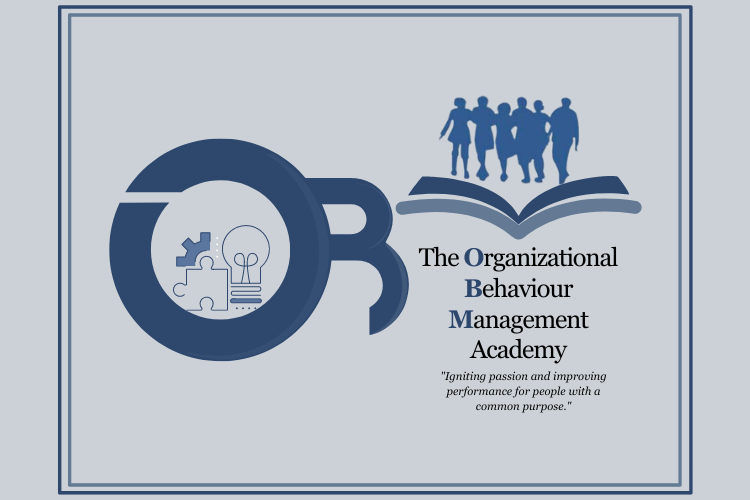In the rapidly evolving corporate world, continuous learning and development have become crucial for maintaining a competitive edge. Training and Development programs are essential to an organization's overall growth and efficiency. When these programs are designed using the principles of Behaviourism and Behavioural Science, they can significantly enhance employee performance and productivity.
Understanding the use of the principles of Behavioural Science in Training and Development
Behaviourism (philosophy of the science of behaviour) and Behavioural Science (the scientific approach to understanding and improving behaviours) are about how our environment shapes our behaviour. The main idea is that everything we do is learned through our experiences, meaning our interactions with the world around us. The environment is full of stimuli which may be manipulated to have some effect on our behaviour—this approach, pioneered by psychologists like B.F. Skinner and John Watson focus on actions we can see rather than what's going on inside our heads, like our thoughts and feelings. Actions, behaviours and performance are observable and measurable. The data gathered from measuring the change or improvement in actions, behaviours, and performance can be indicators.
In Training and Development, Behaviorism and Behavioral Science are crucial in creating well-organized programs that promote positive behaviours while discouraging unwanted ones. This method entails using approaches such as positive reinforcement, where rewarding desirable behaviours increases the likelihood of their repetition.
Effective Training Programs Using Behaviorist Principles
Training programs grounded in behaviourism begin with clear, measurable objectives. These objectives guide the learning process and provide a benchmark for evaluating success. For instance, a sales training program might aim to improve skills such as negotiation or closing techniques (skills acquired to shape performance), with performance measured through subsequent sales metrics (outcomes or permanent products).
One of the core components of Behaviourism is reinforcement. Positive reinforcement involves rewarding employees for exhibiting desired behaviours, such as bonuses, recognition, or other incentives. Immediate feedback is also crucial, as it helps employees understand what they are doing correctly and where they need improvement.
Behavioural Skills Training (BST) programs often involve repetitive practice to instill desired behaviours. For example, customer service training might include role-playing exercises where employees repeatedly practice handling complex customer interactions until they can respond effectively without hesitation.
Behaviour change techniques, such as token economies or contingency management, can be used to encourage specific behaviours. In a token economy, employees might earn tokens for completing training modules, which they can exchange for rewards. This method is effective in maintaining motivation and promoting continuous learning.
The Impact of Behaviourism and Behavioural Science on Organizational Performance
Implementing training programs based on behaviourist principles can substantially improve organizational performance. These programs ensure that employees acquire the necessary skills and behaviours to perform their jobs effectively, increasing productivity and efficiency. Additionally, behaviourist training can improve employee engagement and job satisfaction by providing clear goals, consistent feedback, and achievement rewards. It can also significantly improve employee performance in tasks requiring precision and adherence to protocols, such as manufacturing or healthcare.
Training and Development programs that utilize behaviourist principles can be powerful tools for enhancing employee performance and organizational success. These programs can create a structured learning environment that promotes continuous improvement and skill development by focusing on observable behaviours, providing clear objectives, and using reinforcement and feedback. As organizations strive to adapt to changing market demands, investing in behaviorist-based training and development can provide a sustainable competitive advantage.
